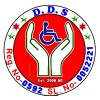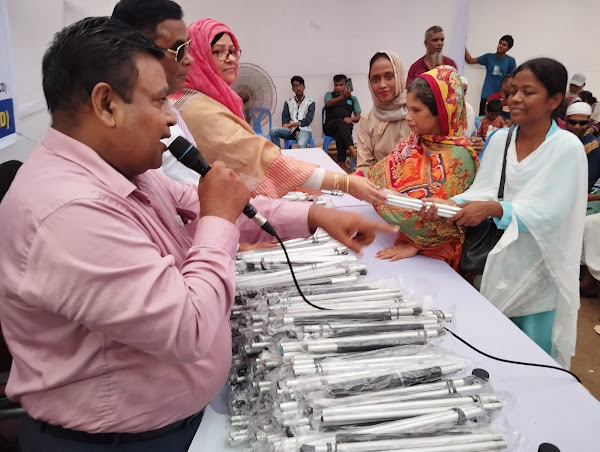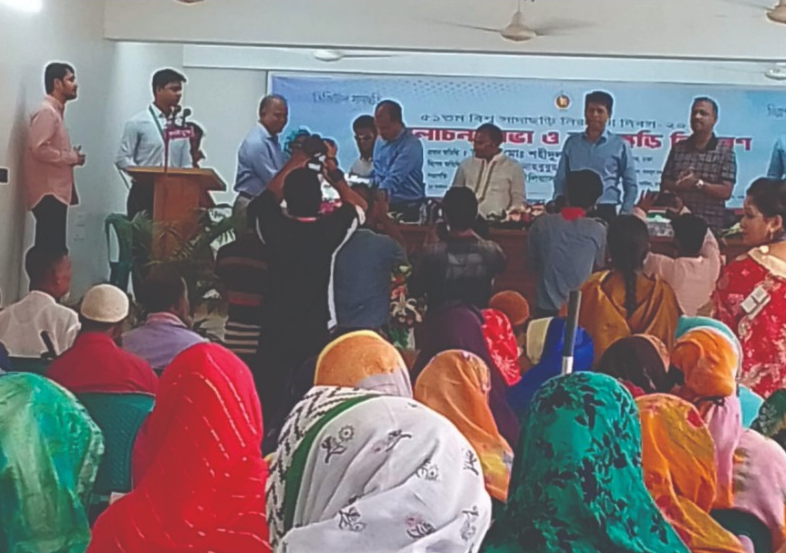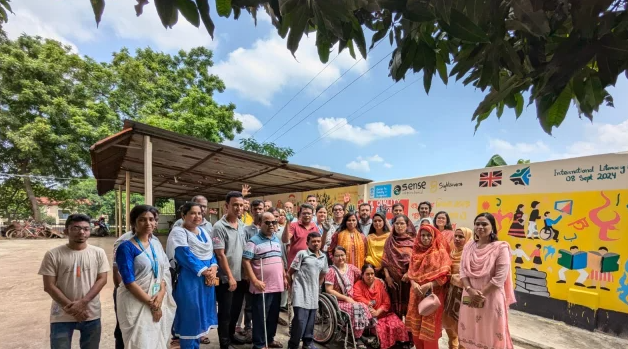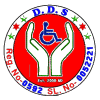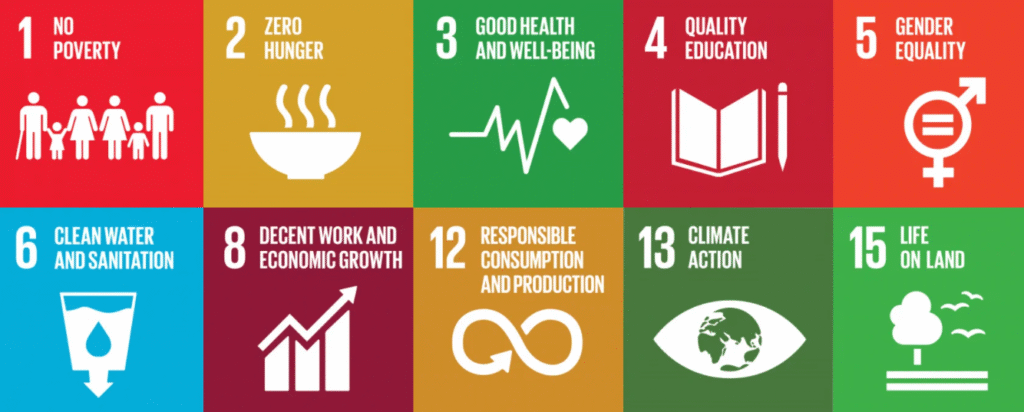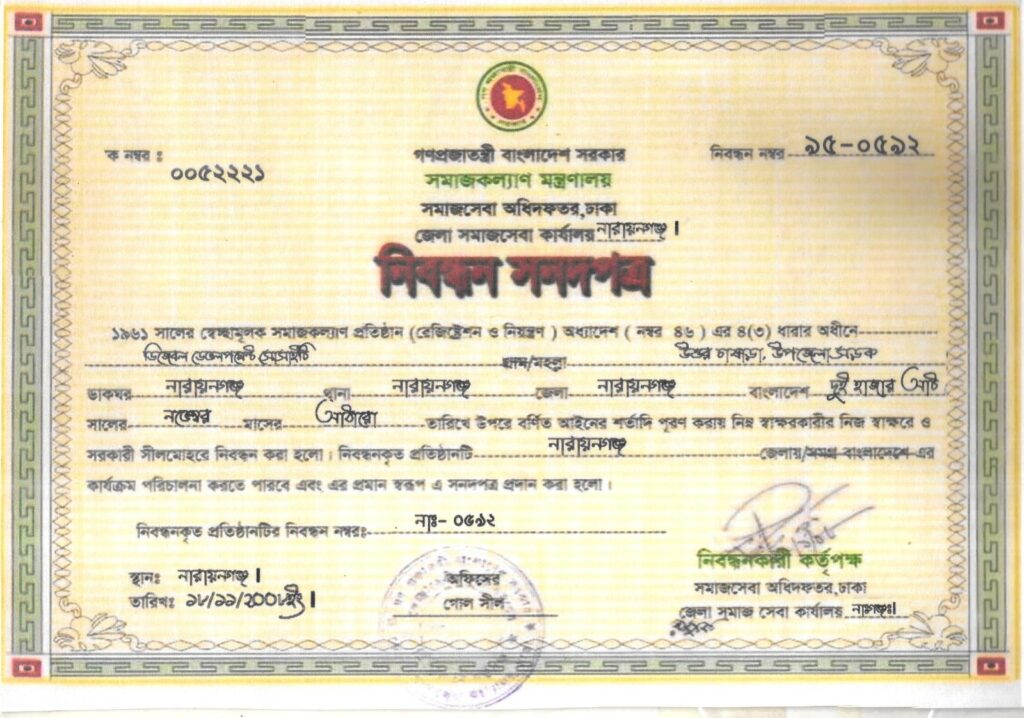Focus Areas
Focus Areas of Disabled Development Society (DDS) The Disabled Development Society (DDS) concentrates its efforts on several key focus areas to effectively support persons with disabilities and disadvantaged communities in Bangladesh. These focus areas are designed to address the multifaceted challenges faced by disabled individuals, enabling them to achieve self-reliance, dignity, and full participation in society. Socio-Economic Development DDS works to improve the economic status of persons with disabilities and their families by providing vocational training, skill development, and facilitating income-generating activities. By organizing self-help groups and offering small business support, DDS empowers beneficiaries to become financially independent and reduce poverty. Education and Literacy Access to education remains a major barrier for many disabled children and adults. DDS prioritizes inclusive education programs, including formal schooling, non-formal education (NFE), literacy initiatives, and special education services. The organization also provides educational materials and Braille resources to visually impaired learners. Health, Hygiene, and Nutrition Improving health outcomes is vital for disabled persons to live full lives. DDS runs programs focused on primary health care, family planning, nutrition training, sanitation awareness, and access to assistive devices. These efforts help reduce preventable disabilities and enhance overall well-being. Human Rights and Advocacy DDS actively promotes the human rights of persons with disabilities through awareness campaigns, legal support, and policy advocacy. The organization works to eliminate social stigma, discrimination, and injustice while encouraging the inclusion of disabled persons in decision-making processes at community and national levels. Rehabilitation and Assistive Services To improve mobility and independence, DDS provides rehabilitation services, including access to mobility aids, assistive devices, and special education. Programs specifically support blind and physically disabled individuals through communication training and other adaptive services. Community Awareness and Sensitization Changing community attitudes towards disability is essential for inclusion. DDS conducts motivation and sensitization programs to foster positive perceptions, reduce stigma, and promote supportive environments for disabled persons and their families. Disaster Relief and Environmental Sustainability DDS participates in disaster preparedness and relief efforts that include disabled persons, ensuring their needs are not overlooked during emergencies. Additionally, the organization engages in environmental initiatives such as forestry, nursery projects, and sustainable agriculture to improve community resilience. Women and Child Empowerment Recognizing the intersectionality of gender and disability, DDS places special emphasis on empowering disabled women and children. Programs address violence prevention, advocacy for rights, handicraft training, and leadership development to promote their full participation and protection.
